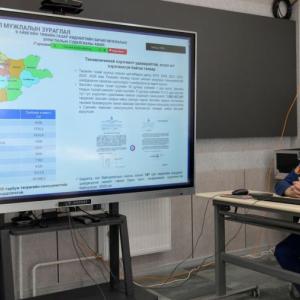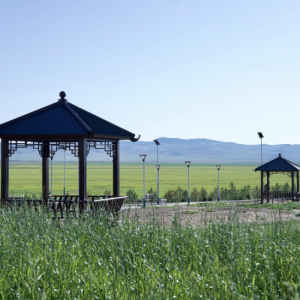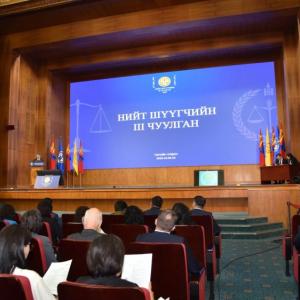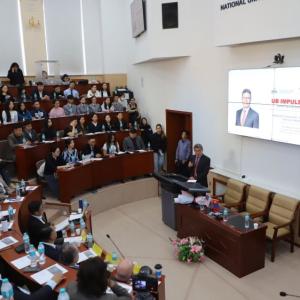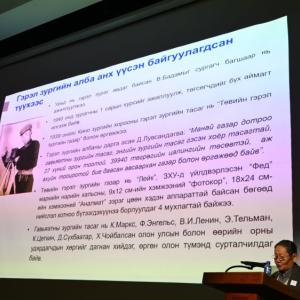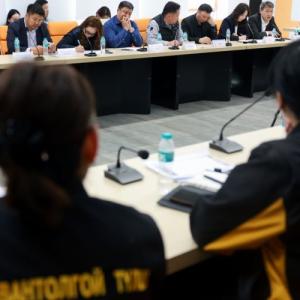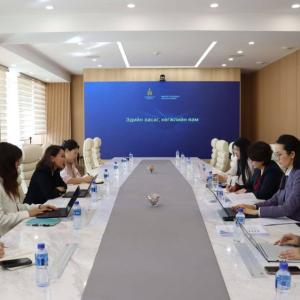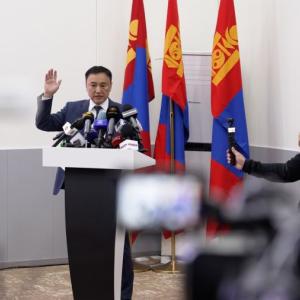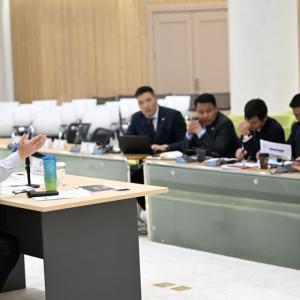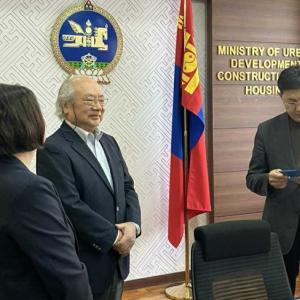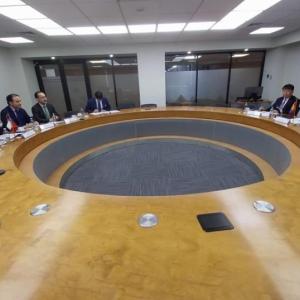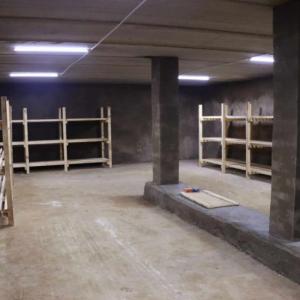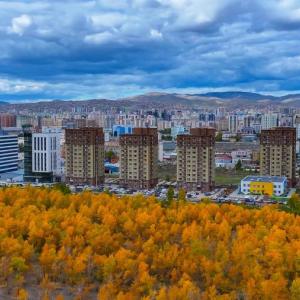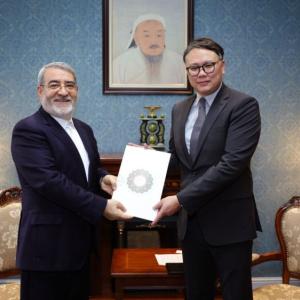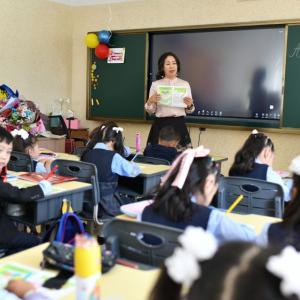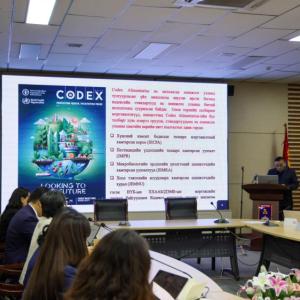Revised Law on Courts aims to ensure fair judicial system
Politics
Ulaanbaatar /MONTSAME/. On January 15, State Great Khural, Mongolian parliament, adopted the revised Law on Courts at its plenary session. 50 members out of 52 parliament members present at the session voted in favor of approving the revised bill, which was submitted by the government in April 2020.
The purpose of the law is to ensure fair judicial system and judicial independence in Mongolia through preventing improper influence from the other branches of government or from private or partisan interests. The revised version consists of 16 chapters and 114 articles.
Speaker of the Parliament G.Zandanshatar made remarks at the session, highlighting that the newly revised law will help to make legal reform to revive the amendments to the Constitution and step up the mission to guarantee citizens’ right to fair trial. “One goal of the latest amendments made to the Constitution was aimed at establishing justice through ensuring judicial independence” continued the Speaker.
Some regulations were added into the Law on Courts to prohibit and prevent from torture and ill-treatment, enable the judiciary to exercise its responsibilities without being influenced by other sources and provides for better multilateral control and balance.
By the law, the Judicial Disciplinary Committee will be established to hold judges accountable for misconduct and make decisions on removal and dismissal of judges. Members of the Supreme Court, General Council of Courts and Judicial Disciplinary Committee will be selected on the basis of transparent principles and procedures and public hearings should be organized on the selection.
The revised law lists more than 40 types of prohibition applied to judges in the exercise of their functions and disciplinary measures against judges and statute of limitations for the proceedings.
As stated in the revised version of the law, five non-judge members of the General Council of Courts will be selected through open selection, and pre-appointment hearing with candidates must be organized, which is expected to engender public trust and credibility in the justice system.
Moreover, the revised law requires only those who pass both professional and ethical behavior judicial examinations and received the highest scores to be appointed as judges.
Minutes must be taken and kept at meetings with working purposes between judges and high level officials, including President, Parliament members and Prime Minister, cabinet members, members of the Constitutional Court, chief justice and justices of the Supreme Court. If any decision or action of President, State Great Khural and the government is found to have threats on the independence of the judiciary, the Judicial General Council will convene immediately to forward a proposal to the Constitutional Court through the Supreme Court.
Another change made to the law is setting up legal environment for organizing a general assembly of all levels of judges once in four years in order to allow judges discuss their views, ideas and proposals to improve judicial legislations and regulations, select the judges to work in the Judicial Disciplinary Committee and General Council of Courts, and hear reports on the activities carried out by the Judicial Disciplinary Committee and General Council of Courts.
 Ulaanbaatar
Ulaanbaatar













